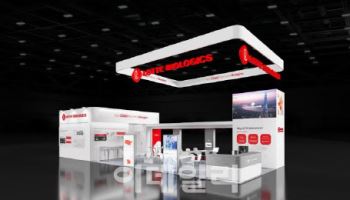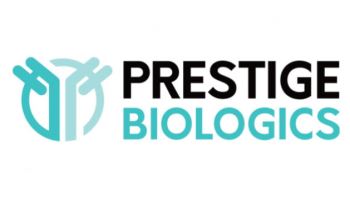Unauthorized reproduction or distribution is illegal and subject to criminal penalties.
Pharm Edaily enforces a zero-tolerance policy and will take strict action.
[Yu Jin-hee, Edaily Reporter] SEOUL, South Korea-In August last year, Prestige Biopharma laid out an ambitious roadmap ahead of the European approval of Tuznue, its trastuzumab biosimilar for metastatic gastric cancer. The company forecasted ₩300 billion in annual revenue by 2026 and a market capitalization of ₩30 trillion with ₩2.5 trillion in revenue by 2030.
At the time, industry observers were skeptical. While there was consensus that Tuznue-Prestige Biopharma’s first commercialized biosimilar-would mark a strategic turning point, the product was a latecomer in the European market. Some questioned whether the company was underestimating the challenges of breaking into the region.
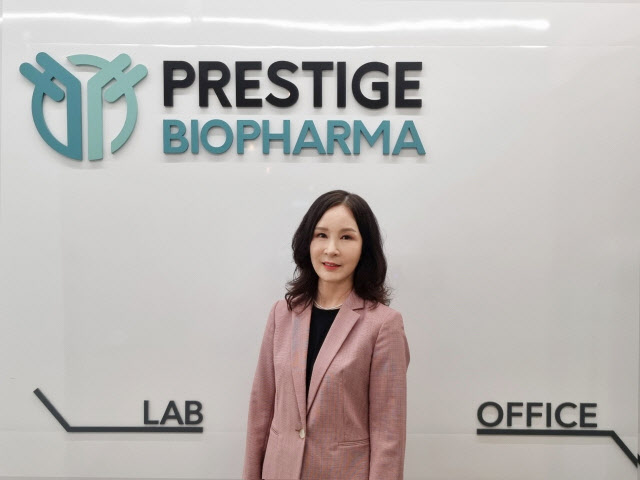 | | Soyoun Park, Chairwoman of Prestige Biopharma Group. (Photo courtesy of Prestige Biopharma) |
|
Teva Partnership Shifts Industry Sentiment That skepticism was put to rest on May 26, when Prestige Biopharma announced a licensing and supply agreement with Teva Pharmaceutical International GmbH, a subsidiary of Teva Pharmaceutical Industries. The deal grants Teva exclusive rights to commercialize Tuznue across 31 European markets.
Teva, a global generics and biosimilar powerhouse with 2024 revenue of $16.54 billion, operates an extensive distribution network in over 60 countries and employs nearly 20,000 staff in Europe alone. The agreement was widely interpreted as a vote of confidence in Prestige Biopharma’s product and technology.
With Teva on board, industry analysts now view the short-term target of ₩300 billion in annual revenue as achievable. Tuznue’s rapid market penetration in Europe is expected to be fueled by Teva’s unparalleled infrastructure and market access capabilities.
Europe is a complex region composed not only of the 27 EU member states, but also the UK, Switzerland, and Norway; each with its own regulatory frameworks, languages, and cultures. A partner like Teva, with dominant market presence, is considered essential for navigating such a fragmented landscape.
Teva already has a strong record in commercializing specialty drugs. Its Huntington’s disease therapy AUSTEDO generated over $1.6 billion in 2024; AJOVY, for migraines, posted $507 million; and UZEDY, a schizophrenia treatment approved in April 2023, reached $117 million in just one year.
An industry expert commented, “Trastuzumab biosimilars already account for over half of the €5 billion European market. If Tuznue can combine competitive pricing with Teva’s distribution strength, Prestige Biopharma could easily generate over ₩100 billion from this product alone within three years.”
Teva, traditionally dominant in generics, is ramping up its biosimilar pipeline, aiming to launch at least six blockbuster biosimilars by 2027-including Tuznue and a high-concentration Humira biosimilar.
“The company’s portfolio strategy is driven by comprehensive patient and provider needs,” said one industry source. “Adding Tuznue expands Teva’s portfolio to include key oncology indications like breast and gastric cancers, significantly enhancing its competitiveness.”
Cost Efficiency and Long-Term Potential Prestige Biopharma is also positioned strongly on cost. The company has vertically integrated its entire drug development cycle and operates its own manufacturing infrastructure. Strategic partnerships with global suppliers further mitigate supply chain risks. With continued investments in automation and AI-based systems, the company boasts a lean and efficient operational model.
The Teva deal is also expected to open doors in the U.S. and other major markets. Teva earns nearly 50% of its revenue in the U.S., compared to roughly 30% in Europe, giving Prestige an ideal launchpad for global expansion.
Julien Lea, Prestige’s newly appointed Commercial Director and a former AbbVie executive, will oversee joint marketing with Teva. Lea brings decades of experience in commercializing antibody therapeutics and is expected to drive strong synergy between the two companies.
Building on the Tuznue launch, Prestige plans to accelerate commercialization of additional products. The company is currently developing a global R&D ecosystem centered around 12 antibody new drug candidates and nine biosimilars. Its long-term goal is to transition from a biosimilar developer into a fully integrated global biopharma innovator.
The next candidate to hit the market is HD204, a bevacizumab biosimilar for colorectal cancer. Phase 3 trials involving 650 patients have been completed, and regulatory filings are planned in the UK, Europe, and the U.S.
Another pipeline asset, PBP1502, a Humira biosimilar currently in Phase 1, is expected to be filed for approval in the second half of 2026. The company plans to target countries like the UK, Canada, and developing markets where Phase 3 data requirements may be waived, accelerating market entry.
A Prestige Biopharma spokesperson stated, “If Tuznue, HD204, and PBP1502 are commercialized as planned, reaching a ₩30 trillion market cap by 2030 is a realistic goal. We intend to prove ourselves as a ‘prepared challenger’ through technology, cost competitiveness, strategic partnerships, and talent.”


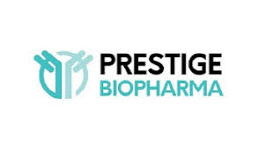
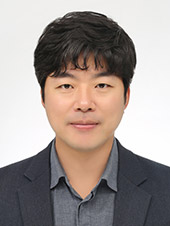
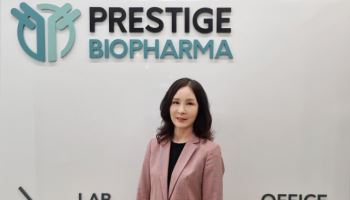

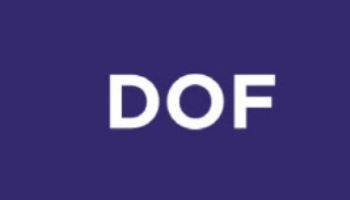

![[바이오맥짚기]'액체생검' 온코크로스, 주가 급등...'오너리스크' 신풍제약은 급락](https://image.edaily.co.kr/images/vision/files/NP/S/2025/05/PS25052900298b.jpg)
